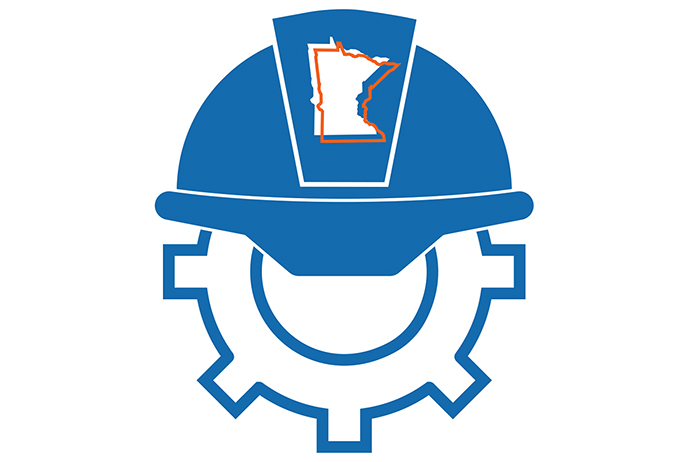Unchanged or improved. That’s how most respondents to a business conditions survey of Minnesota manufacturers view the year ahead in their state. More than 260 executives participated in the November 2016 survey conducted by the Minnesota Department of Employment and Economic Development (DEED) and the Federal Reserve Bank of Minneapolis.
Key findings concerning respondents view of the manufacturing industry:
- More than 60 percent of manufacturers anticipate unchanged employment;
- Nearly 50 percent expect increased orders;
- Forty-five percent expect increased productivity; 48 percent expect unchanged productivity;
- Forty-six percent anticipate growth in product/service production levels; 44 percent expect unchanged conditions;
- Sixty-one percent of respondents expect unchanged employment levels in the manufacturing industry;
- Fifty-six percent expect unchanged prices.
On Minnesota’s economy:
- Fifty-five percent expect unchanged employment for 2017;
- Fifty-one percent expect stable employment;
- Nearly half anticipate “constant economic growth, consumer spending and corporate profits”;
- Sixty percent anticipate increased inflation.
“With manufacturing accounting for more than 315,000 jobs in Minnesota, the industry’s positive outlook is good news,” says Shane Delaney, DEED’s communications manager. “These results indicate that manufacturing in Minnesota is headed in the right direction, with the vast majority of manufacturing employers expected to retain or increase the number of jobs in this critical industry.”
Delaney says DEED is working to make sure the manufacturers’ optimism is well-placed and to keep Minnesota at or near the top of national measures of state business attractiveness. CNBC ranked Minnesota the Top State for Business in 2015, based on 60 measures of competitiveness (it ranked fourth in 2016).
“Minnesota has maintained a top 10 position for the past two years in many sub-categories by CNBC,” says Delaney. “By providing a stable, predictable and affordable business climate, Minnesota allows manufacturers to make informed decisions about their business plans and outlook.
“Continued emphasis on education, training and talent development across all demographics and cultures in Minnesota is important to building a long-term talent pipeline. Coupled with this approach to talent, the State of Minnesota is improving the tools available to assist and grow the entrepreneurial manufacturing sector to ensure we have a strong future of next generation manufacturing.”

